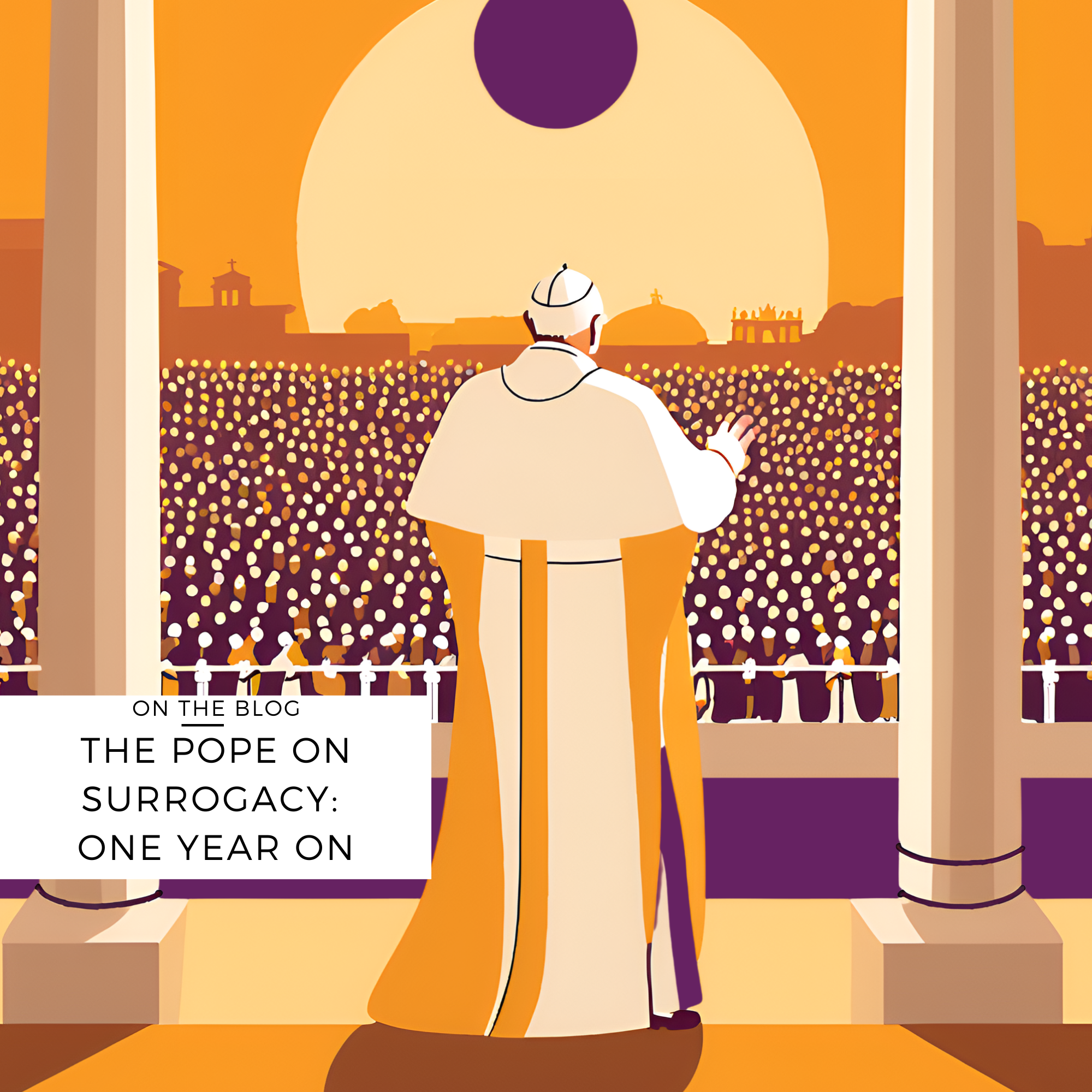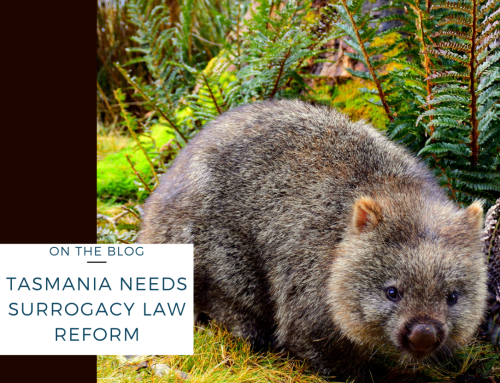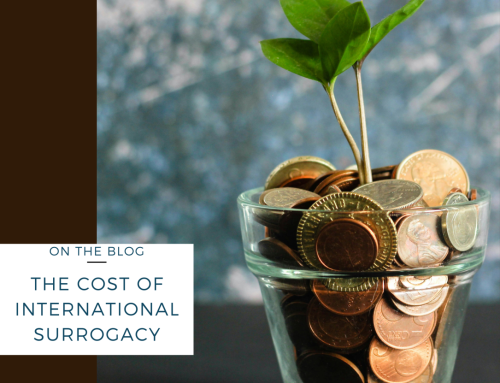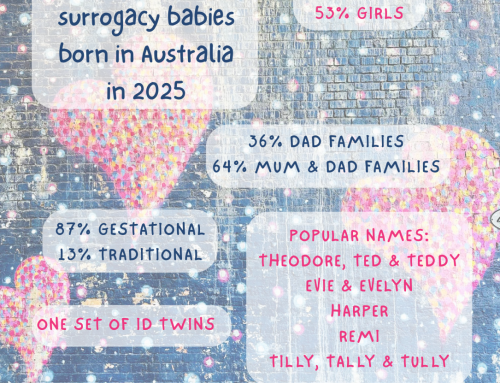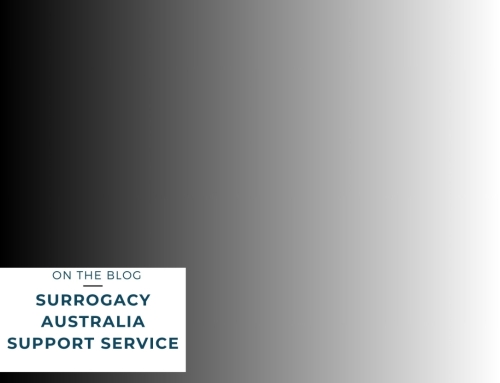Since we heard from the Pope on surrogacy in 2024, the world’s attention has continued to focus on surrogacy and reproductive rights.
In January 2024, the Pope declared that surrogacy was deplorable and called for a global ban for what he considered a “grave violation of the dignity of the woman and the child, based on the exploitation of situations of the mother’s material needs.”
At the time, my phone rang hot – call after call from every media outlet across Australia. Articles were written, pundits weighed in, intended parents and surrogates were called on to justify surrogacy. Initially, I ignored the calls as I was on holiday with my family. Eventually, I responded to a request for an Opinion piece which was published by The Age and the Sydney Morning Herald.
The following month, the ABC interviewed professor of bioethics Margaret Somerville, professor of ethics Grace Kao (also a surrogate) and me for the God Forbid program, discussing the ethics of surrogacy including through a religious lense.
Many people of Christian faith and who had grown their families via surrogacy were upset by the comments from the Pope on surrogacy. While the Pope may have thought he was protecting the rights of children and surrogates, his comments did nothing but further stigmatise surrogacy and the people involved, and emboldened conservative pundits to pass judgement on this form of family creation.
Children born via surrogacy are entitled to equal protection under the law, and deserve not to have their creation or family questioned on a global scale.
Declaring that surrogacy exploits women ignores the views of the women involved – who often report feeling empowered and able to make their own decisions about what is right for them and their bodies.
Since the comments from the Pope on surrogacy, it has remained in the spotlight. Argentina, a predominantly Catholic country, has started closing the market for international surrogacy, leading to delays for intended parents trying to return home with their babies. Italy has banned surrogacy, making it a ‘universal crime’ including for intended parents travelling overseas.
A global ban on surrogacy is not the answer. We know that surrogacy can be amazing, empowering for the surrogate emotionally (and financially) and the rights of the parties can be protected. Prohibiting surrogacy does nothing to promote the rights of children, or of surrogates – in fact, it makes it much worse.
The incoming Trump presidency could also spell danger for the surrogacy industry. Trump, who calls himself the ‘father of IVF,’ has announced that he intends to remove the birthrights from babies born in the USA, which could leave children born via surrogacy stateless.
We can expect surrogacy to remain in the spotlight and to become more controversial. The words from the Pope on surrogacy have influenced, and will continue to influence, the conversation about prohibitions and regulation, impacting cross-border surrogacy in particular.
Conservative old men, with no lived experience of surrogacy, pregnancy, or parenting, would do right to keep their opinions to themselves. Or, if they’re really concerned with the welfare of children and surrogates, they can back calls for reform that equalises and protects the rights of everyone involved.
The Australian government has, at least, decided that our own surrogacy laws need a review. Perhaps because, for all the rhetoric from the Pope, we know that good regulation is better than prohibition.

